Freedom of information letter template
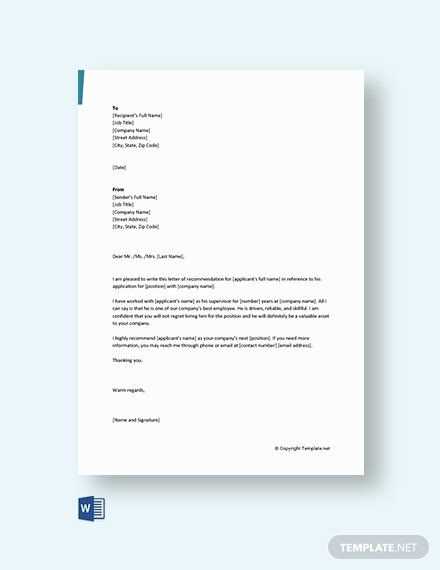
If you need access to specific records or information held by a public authority, a Freedom of Information (FOI) letter is your best tool. Start with a clear request for the records you are interested in, mentioning the specific documents or data you seek. Be precise to avoid delays or misunderstandings.
Begin your letter by identifying yourself. If applicable, include any personal details such as your address or phone number to make the process easier. After this, state your request clearly and concisely. Specify whether you want access to a particular document or a broader category of information. Providing context for your request can help the authority locate the data quicker.
Be mindful of the tone of your letter. While it’s a formal request, keep the tone polite and respectful. Even though you’re requesting information, maintain professionalism throughout. Remember, the public authority is required by law to respond to your request within a certain timeframe, so it’s important to be clear and specific to ensure an efficient process.
Lastly, request the format in which you would prefer to receive the information, whether it’s in print, email, or another medium. If applicable, mention your willingness to pay for any copying fees or other expenses related to fulfilling your request. This demonstrates your understanding of the process and ensures a smoother interaction.
Freedom of Information Letter Template
Begin by addressing the relevant authority or department. Ensure that you provide a clear and concise request for the information you seek. Specify the format in which you would like to receive the information, if applicable.
Include your personal details, such as full name, address, and any other identifying information required by the institution. Make sure the information you request is precise and to the point. Avoid overly broad questions to ensure a swift response.
Key Elements to Include
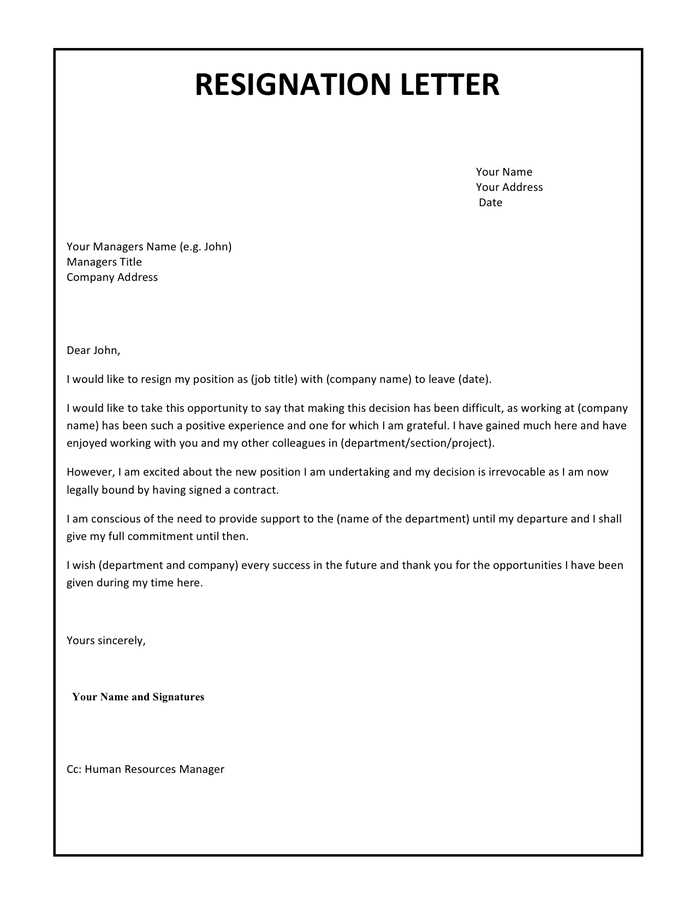
In your letter, outline the exact documents or data you wish to access. Reference any specific public records or databases you are interested in. Provide context or details to help the recipient understand the scope of your request.
Closing the Request
Finish by requesting a response within the legally required time frame and offer a means of contact. If you are requesting copies, clarify whether you are willing to pay any fees for the provision of documents.
How to Request Information from Public Authorities
Clearly state your request. Specify the information you need, avoiding vague terms. If possible, mention the document titles or specific data you’re after.
Direct your request to the relevant department. Look up the contact details of the public authority that holds the information. These are typically available on the authority’s official website.
Check if there are any specific forms or templates required. Some authorities have designated forms for information requests. If a template is provided, use it to streamline the process.
Be mindful of the timelines. Public authorities often have a set period in which they must respond. Understand these timelines and plan your request accordingly.
Follow up if you don’t receive a response within the specified time. Politely inquire about the status of your request and confirm that it is being processed.
Respect any legal limitations. Authorities may withhold certain information for legal or security reasons. Familiarize yourself with these restrictions before submitting your request.
Key Components of a Freedom of Information Letter
Begin with a clear request for information. State explicitly what documents or data you seek, including specific references such as titles, dates, or relevant keywords. Make sure the scope is precise to avoid ambiguity.
Provide accurate personal details. Include your full name, contact information, and any relevant identification numbers if required by the agency. This helps them locate your request efficiently.
State the legal basis for the request. Mention the relevant Freedom of Information Act or similar laws that entitle you to access the requested documents. Cite any local or international legislation that applies to your request.
Clarify your preferred format for receiving the information. Specify whether you want it in paper, digital, or another form. If applicable, include a request for any specific language or accessibility requirements.
Indicate your preferred response time. If you are aware of the standard response times, reference them, or suggest a reasonable timeframe. This shows you are familiar with the process.
Conclude with a polite closing, thanking the agency for their attention to your request and providing contact information should they need further clarification. Sign the letter with your name and any applicable signatures.
Legal Rights and Obligations for Public Bodies
Public bodies must ensure transparency and accountability in their operations. They are legally required to respond to Freedom of Information (FOI) requests, within a set timeframe, and provide relevant documents unless exempted under law.
- Right to Access Information: Individuals have the right to access public records and documents held by public bodies, unless specific exemptions apply, such as national security concerns or personal privacy.
- Response Time: Public bodies are typically obligated to respond to FOI requests within 20 working days. Failure to do so may result in legal consequences.
- Exemptions: There are certain exemptions to information access, including but not limited to sensitive national security information, ongoing law enforcement investigations, and commercially confidential information.
- Public Interest Test: When deciding to withhold information, public bodies must apply a public interest test to assess whether releasing the information outweighs the need to keep it confidential.
It is also important for public bodies to ensure they are not acting beyond their legal powers or withholding information unjustly. Violations may lead to legal actions, including appeals or judicial reviews.
Common Mistakes to Avoid in FOI Requests
Be clear and specific with your request. Vague or overly broad queries will delay the process and may lead to incomplete responses. Focus on the precise information you need, such as specific documents, dates, or departments.
1. Using Ambiguous Language
Avoid using general phrases like “any documents related to” or “all correspondence.” Narrow down your request by specifying the subject, date range, and involved parties to prevent delays caused by uncertainty over what to provide.
2. Failing to Identify Relevant Information
Don’t assume that the institution will search every record. Instead, provide clear details to help them identify the exact records you need. This saves both your time and theirs.
3. Ignoring Exceptions or Exemptions

Public institutions may not release information due to exemptions like personal privacy or national security. Familiarize yourself with these exceptions and phrase your request in a way that minimizes the likelihood of an exemption being applied.
| Mistake | Why It Matters | How to Avoid It |
|---|---|---|
| Vague Requests | Leads to delays and incomplete responses | Be specific with dates, subjects, and formats |
| Assuming Full Access | Some records may be exempt | Research common exemptions before submitting |
| Not Being Clear About Format | May result in receiving information in an unusable format | State the format in which you prefer to receive the data |
Timeframes for Responses to FOI Requests
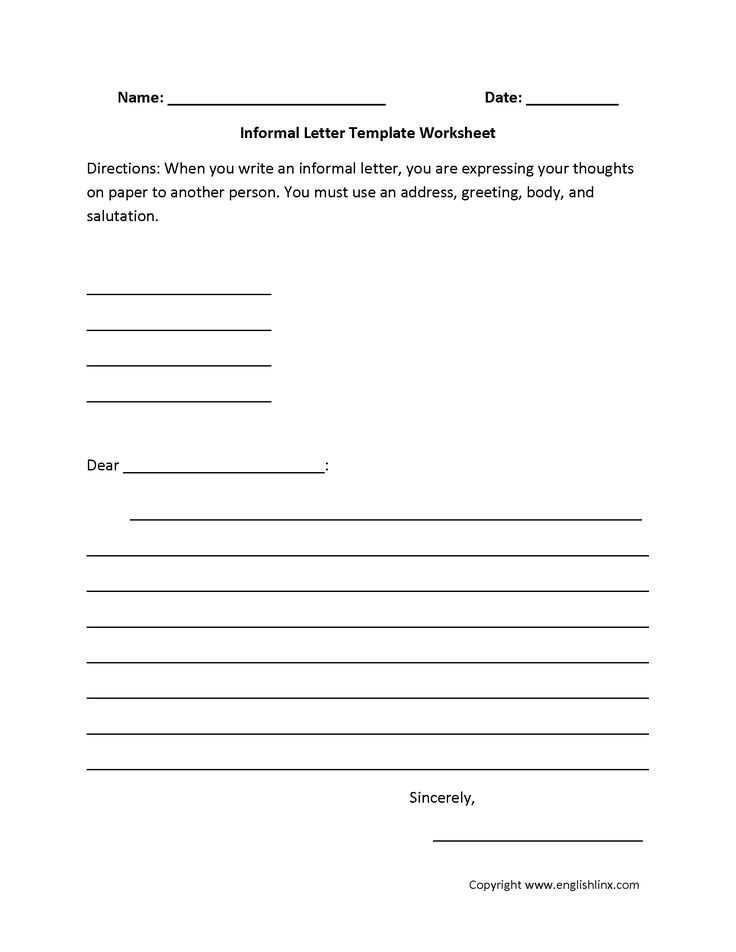
Public authorities must respond to Freedom of Information (FOI) requests within a specific timeframe. Typically, the response period is set to 20 working days. This deadline starts from the day the request is received, not from when the requester submits it. If additional time is needed, the requester should be informed promptly.
Extensions of Time
Authorities may extend the response time by an additional 20 working days in certain situations, such as if the request is complex or involves large amounts of data. The requester must be notified of the extension and the reasons behind it.
Refusal to Provide Information
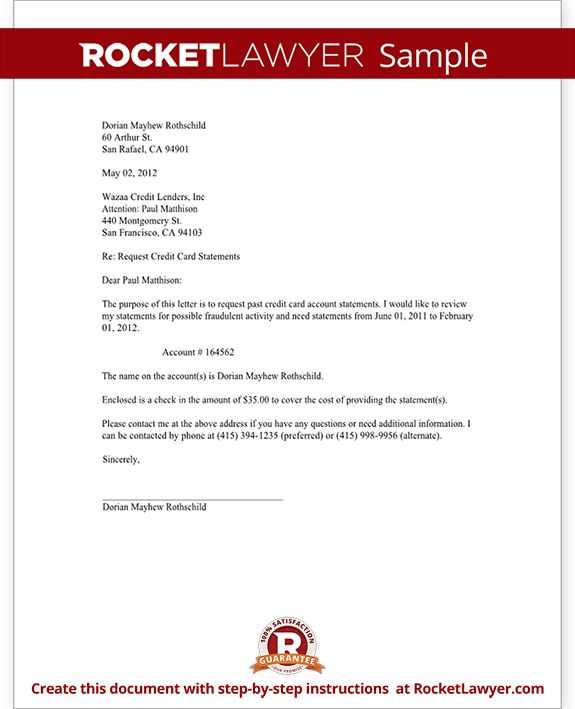
If a request is refused, the authority must provide a formal explanation within the standard timeframe. This should include the reasons for the refusal, referencing the applicable exemptions under the FOI law.
What to Do if Your FOI Request is Denied
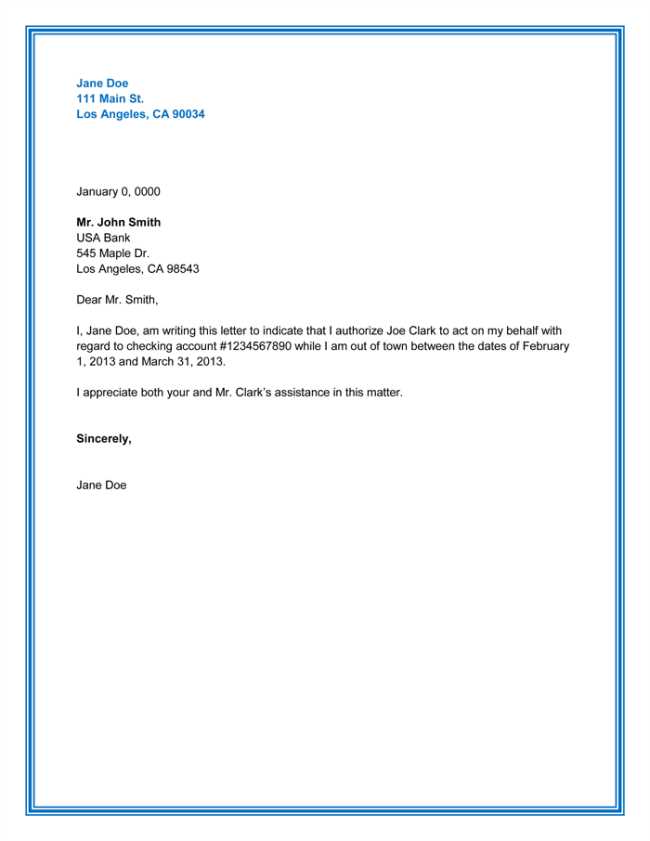
If your FOI request is denied, first check the reason provided. Public authorities may refuse requests on various grounds, such as exemptions related to national security, personal data, or commercial interests. Review these reasons carefully to understand whether they apply to your case.
If you believe the denial was unjustified, you can request an internal review. This process involves the same authority re-examining the decision. It’s a good opportunity to present additional evidence or arguments that may have been overlooked. Be sure to submit your review request within the timeframe outlined by the relevant laws or regulations.
If the internal review also results in denial, you can appeal to an independent body, such as an Information Commissioner or an Ombudsman. These organizations can assess whether the refusal was in line with the law. When filing an appeal, include all relevant documents, correspondence, and a clear explanation of why you believe the refusal was incorrect.
Consider consulting with a legal expert if you believe the case requires further legal action. Some jurisdictions allow individuals to take their case to court, where a judge can make a final decision. Ensure you fully understand the legal framework and time limits for this step.